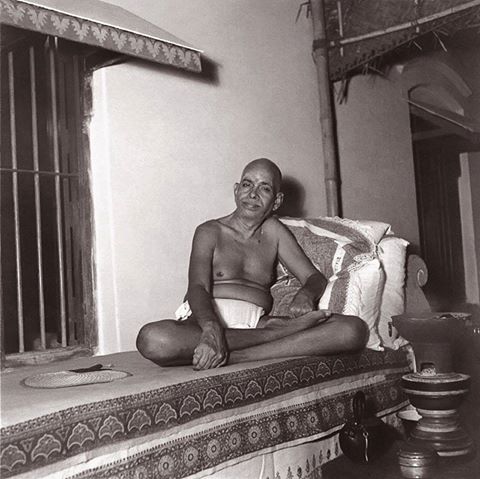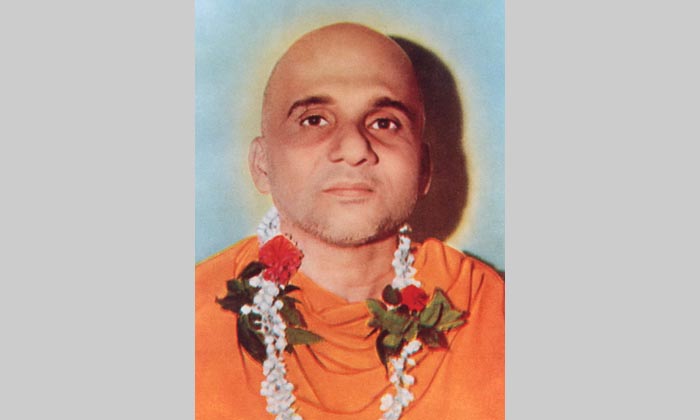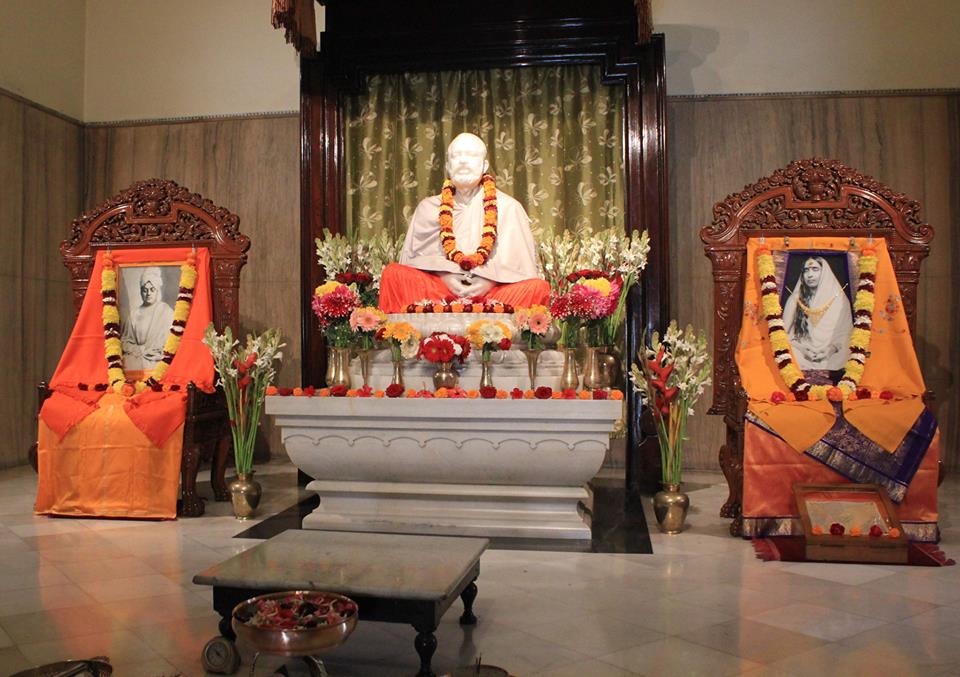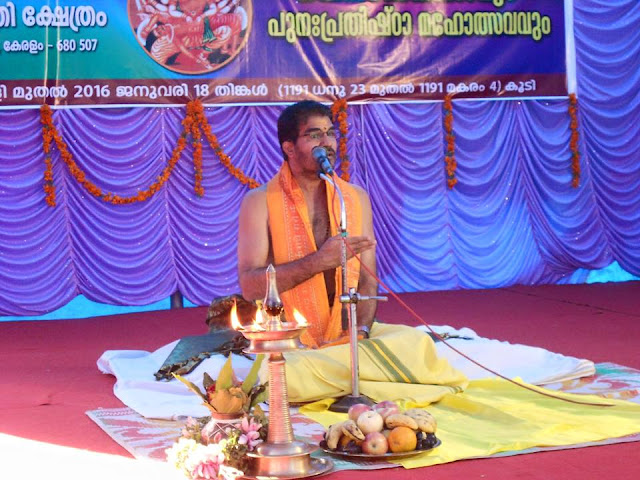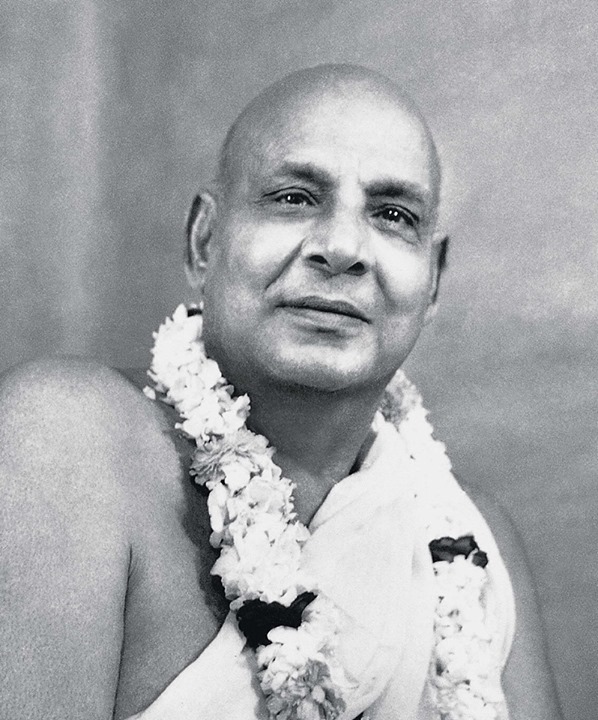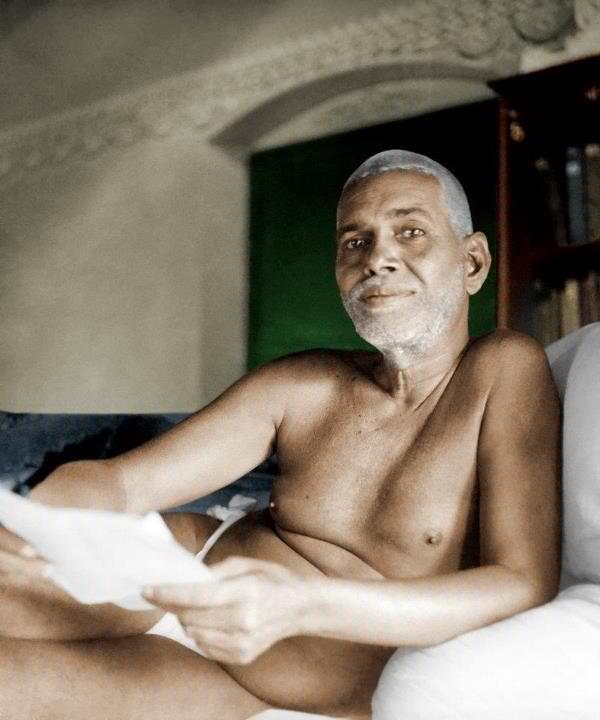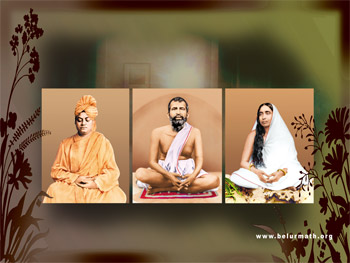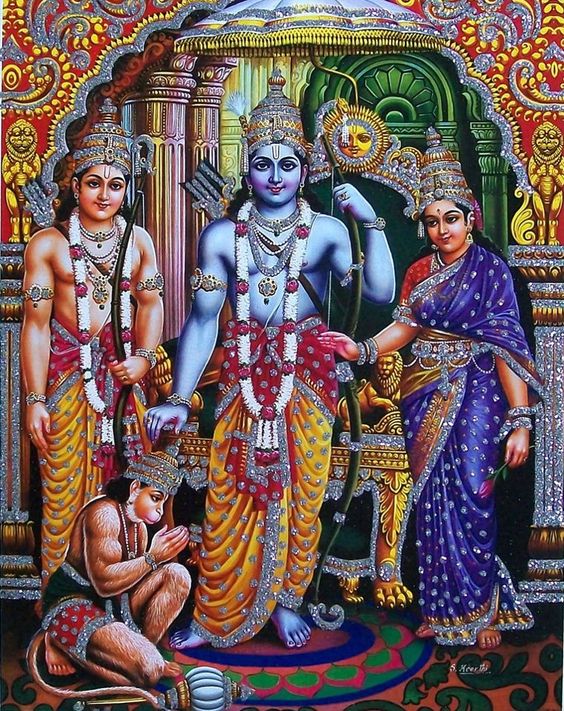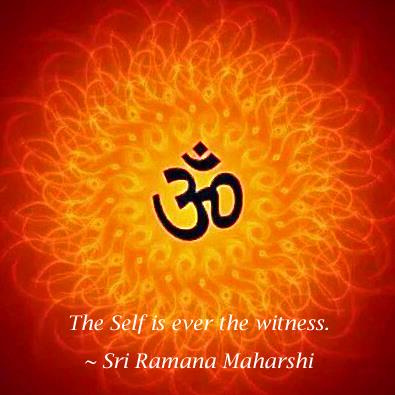The Individual Nature : 5.
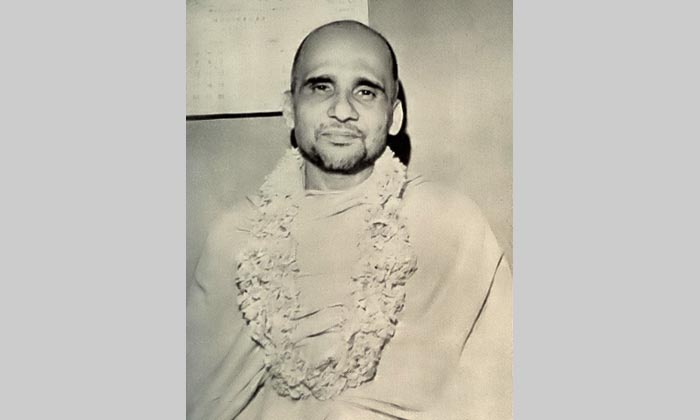
5. There are certain minor instincts which are less powerful than those of self-preservation and self-reproduction, but which, nevertheless, exert a great influence on the personality and subject it to involuntary actions. The self-assertive instinct is one among these. This instinct is meant either to compensate for one's sense of inferiority, or to preserve one's thwarted power, importance and distinction (many times merely imagined), or to expand one's ego by adding to it qualifications from outside (though this addition is purely artificial). It is the inherent tendency to preserve the complex of one's psycho-physical organism. The gregarious instinct is another, which manifests itself in love of company of the group to which one 'belongs'. This is the instinct of identification of the group with one's self. Metaphysically, this appears to be an unconscious expression of one's love for one's larger social self or organism which compri




